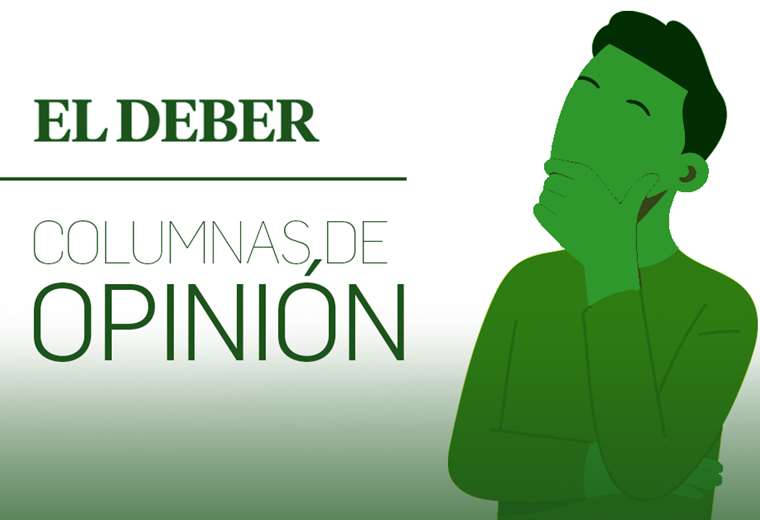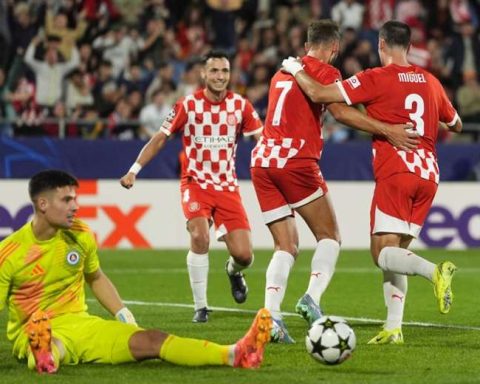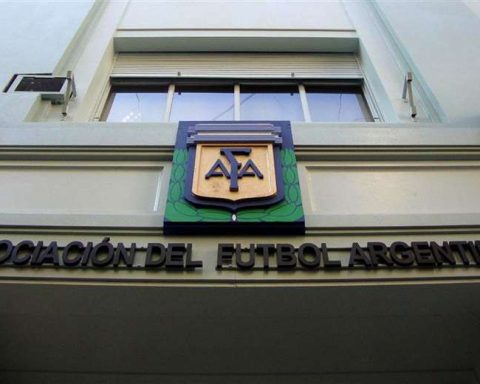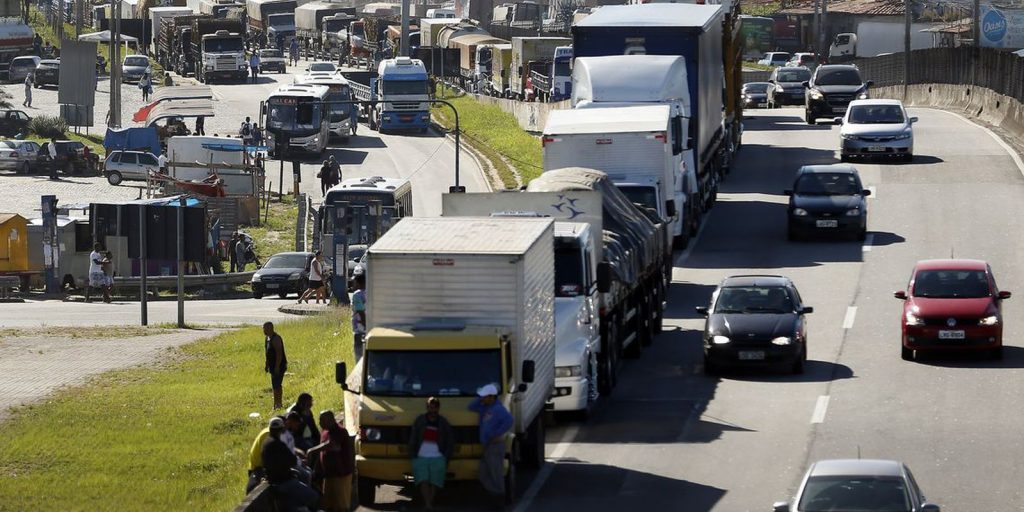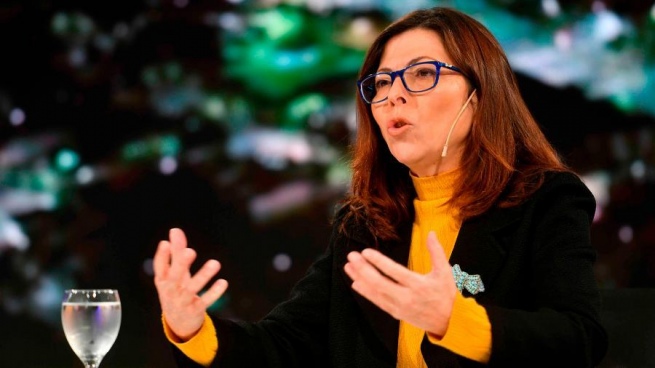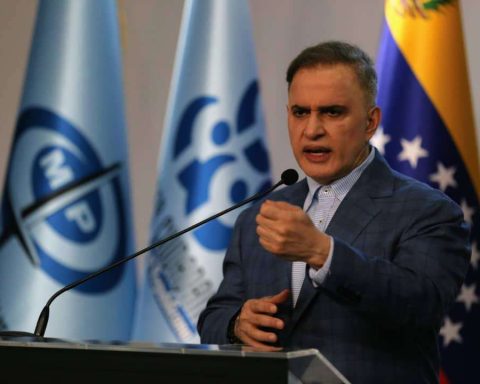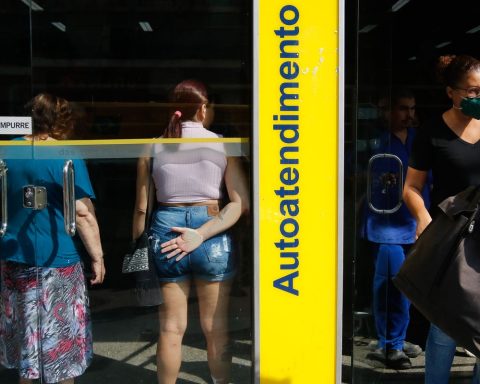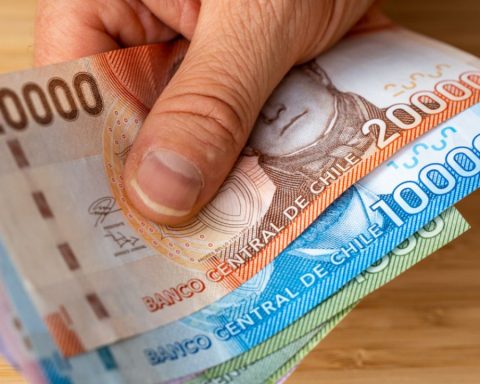October 18, 2022, 6:00 AM
October 18, 2022, 6:00 AM
To understand the energy emergency resulting from the invasion of Ukraine, it must be contextualized.
In 2007 a consortium of Russian, European and American companies undertook a project to build a gas pipeline that would cross the Baltic Sea from Russia to Germany (offshore underwater pipeline) which was called the Nord Stream (“NS I”).
In April 2008, during a NATO meeting to which Putin was invited, he warned of NATO’s expansion towards Russia’s borders and that an admission of Ukraine and Georgia into the Atlantic alliance would be seen as a direct threat to its National security. Between 1995 and 1998, European and American experts (Mearsheimeret al) have already warned of the instability that such expansion would cause.
The contract for the construction of the NS I was signed in June 2008 with the knowledge of the countries through which it would cross (Finland, Sweden, Denmark, Germany).
In August 2008, Russia gave military support to the breakaway regions of South Ossetia and Abkhazia in Georgia, which should have alerted NATO to the Russian warning in April of that year. In turn, the company Nord Stream AG (“NSAG”) contracted the services of the former Finnish Prime Minister, Paavo Lipponen, to negotiate between NSAG and the Finnish government. (note the coincidence of dates between the Russian warning, the signing of the NS I contract and the war in Georgia).
After some objections to the project by Danish, Finnish and Swedish authorities, amendments through, the line was inaugurated with the presence of Angela Merkel and Vladimir Putin in November 2011. Its transport capacity amounts to 55 billion cubic meters of gas per year (MMmcg/year). For a better idea of its size, the contract for the sale of Bolivian gas to Brazil represented a volume of almost 11,000 MMmcg/year.
The Finnish Ministry of Commerce carried out a comparative study on the opportunity cost of building the NS I on land, crossing Poland and Lithuania, concluding that it would be less expensive by almost 50%, with less environmental impact and tariff benefit for states that would serve as passage. The idea was shelved.
By the way, since 2005 the then German Chancellor, Gerard Schröder, enthusiastically supported the NS I. Schröder, already in private life, was a member of the Board of Directors of NSAG as well as of the Russian companies Rosneft and Gazprom.
In 2012, the extension to NS I was proposed, which was called NS II with the same capacity as NS I. This time the environmental and geopolitical questions increased. Gazprom conditioned that the laying be parallel to the NS I and ruled out any construction on the mainland even if the latter had greater benefits. Finally, the NS II was authorized.
The actual German President Frank-Walter Steinmeier, then Merkel’s Minister, supported the NS II project and also in 2016, under the Minsk agreements, proposed elections for possible autonomy in the breakaway regions of Dunetsk and Lugansk. His intention to visit the Ukraine shortly after the Russian invasion was rejected by Zelensky. Steinmeier acknowledged his mistake in not believing that Putin was capable of sacrificing the Russian economy and politics for what he called his “imperial madness.”
In February 2014, Russia invaded Crimea and in March, after a referendum unknown by the majority of UN members, the peninsula was annexed. Europe saw the annexation inert Crimean Russian and although they prevailed some economic sanctions, these had no major effect on the Kremlin’s geopolitical strategy. Some time later, Russia raised the price of thousand cubic meters of gas from $268 to $485 and then cut off supplies to Ukraine.
Russian and Ukrainian state-owned gas companies, Gazprom and NaftoGaz, respectively, filed arbitration claims and counterclaims at the Stockholm Chamber of Commerce both for the gas price formula, the payment for the take or pay contract, the prohibition on re-exporting gas and the payment of the transit fee through Ukrainian territory, among others. In 2018, NaftoGaz won an arbitration against the unilateral price hike. Gazprom had negotiated these reductions with European buyers amicably, which exposed the political use of gas.
From mid-2014 to February 2016, the international price of a barrel of oil fell from $US.105 to $US.29. The course of the gas price was similar, from 4.7 USD/MMBtu in March 2014 to 1.8 USD/MMBtu in February 2016. This fall allowed Europe to foresee a continuous and, above all, cheap supply of Russian gas.
Construction of the NS II began in 2015. The Obama administration did not object openly to it.
In February 2018, Gazpromexport, which supplied a third of Europe’s gas demand, again put pressure on Europe to overcome objections to NS II and sign firm contracts (long term).
The American position changed substantially with the arrival of Trump to power. The American Congress imposed sanctions on companies that participated in the construction of the NS II. Letters from congressmen and from American diplomacy in Europe warned of the high risk that European dependence on Russian gas represented for NATO.
In September 2018, at the UN, Trump warned that Germany would become totally dependent on Russian gas supplies if it did not change course immediately. He argued that the West should maintain its independence and not be subject to foreign powers with expansionist aspirations. The image of the German representatives smiling sarcastically at those words is iconic. Europe saw this as a sterile attempt to substitute American LNG for Russian gas but at a higher price.
In short, there were unequivocal signs of Putin’s intention to prevent Ukraine from joining NATO and to have under his control an enclave critical to his a) national security, b) expansionist strategy and c) for energy exchange with Europe.
Days after the invasion of Ukraine, Foreign Minister Olaf Scholz and Ursula von der Leyen, President of the European Commission, began a frantic search for alternative sources of supply. The price of gas and oil rose stratospherically with the consequent recessionary impact on the global economy. The so-called European unity was put to the test like never before and for now it seems weak. Anyway, the geopolitical use of Russian gas was not properly weighed. Security was sacrificed for price and at what cost.
